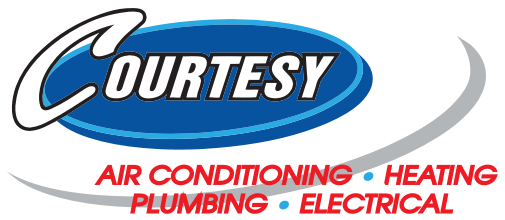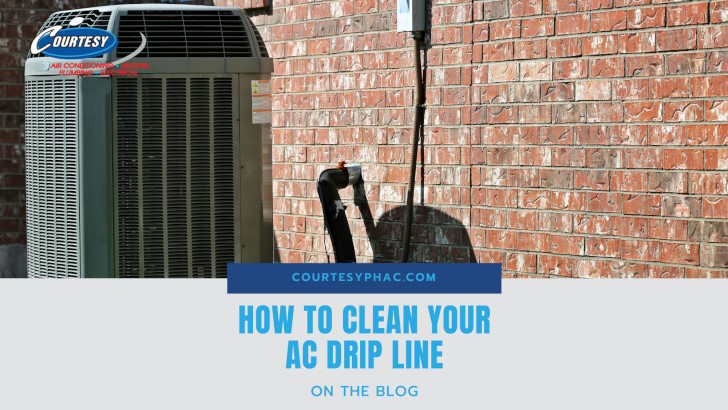Did you know that your AC drip line plays a key role in keeping your air conditioning system running smoothly, but it often flies under the radar!? If you let it slip, it could lead to some pricey problems. Taking care of it can help you avoid breakdowns, protect against water damage, and reduce the risk of mold-related health concerns. In this article, we’ll dive into why maintaining your drip line is so important, the issues that can pop up if you don’t give it some love, some handy DIY cleaning tips, and when it’s best to call in an Albuquerque plumbing professional.
Why You Should Care About Your AC Drip Line
The AC drip line, often called the drain line or condensate line, plays a vital role in keeping your home comfortable! When your air conditioner cools down warm air, it creates condensation, which is completely normal. But how do you handle that extra moisture? That’s where the drip line steps in, directing the excess water outside your home.
Just like every other component of your HVAC system, your drip line needs a bit of TLC to keep it running smoothly! Over time, it can collect mold, algae, and debris, which can cause concerning clogs. If your drip line gets blocked, water can start backing up into your home–and that’s never a good thing. That can lead to some serious water damage or even mold issues.
What Happens If You Neglect Your AC Drain Line?
Failing to maintain your AC drip line can cause several issues, including:
- Water Damage: A clogged drain line can lead to water backing up into your air conditioning system, and that might result in leaks inside your home. This could cause damage to your ceilings, walls, and floors. Remember, repairing water damage can be much more expensive than keeping up with regular HVAC maintenance!
- Mold Growth: A clogged drip line creates the perfect environment for mold and mildew to grow. We know that no homeowner wants those around! Along with causing damage to your home, mold can also be a concern for your health, particularly for those who have allergies or respiratory challenges.
- Complete System Failure: If not taken care of, excess water can harm important parts of your AC unit, which might result in a complete breakdown. This sort of issue can be expensive to repair and could leave you without cool air during those sweltering summer months in Albuquerque!
How to Clean Your AC Drain Line at Home
Luckily, keeping your AC drip line clean isn’t too difficult, and you can do it yourself with just a few basic tools. If you’re wondering how to clean drains, here’s a step-by-step guide
- Turn Off the Power: Just to be safe, turn off the power to your AC unit so that you remove the chance of a nasty electrical shock.
- Locate the Drain Line: Your AC drain line is usually a PVC pipe nestled near your indoor air handler unit. Most often, it leads to an outside wall, where it sends any excess water dripping outside.
- Inspect the Line:Take a moment to look for any visible signs of blockages or leaks. You might notice some algae or mold forming around the opening!
- Use a Wet/Dry Vacuum: An easy way to clear a clog is by using a wet/dry vacuum. Just attach it to the end of the drain line outside your home, and let it run for a minute or two to pull out any debris that might be causing the blockage. There are specific hose adaptors that will help you fit the vacuum’s hose to the line. If you don’t have one of those handy, fill the gap with rags or towels.
- Flush the Line: Once you’ve finished vacuuming, go ahead and mix a clearing solution. You can use bleach or vinegar as a base with hot water. Do not mix bleach and vinegar together, as this creates toxic fumes. Once you’ve let the solution sit for 30 minutes or so, check for signs of drainage.
When to Call a Professional
Taking care of your AC drain line is a task that many homeowners can tackle on their own, but there are moments when it’s better to bring in a pro. Here’s when you might want to consider reaching out to an HVAC technician:
- Recurring Clogs: If your AC drip line is clogging up often, it could be a sign of a bigger issue that would benefit from some professional help. A technician can take a closer look at the system and see if there are any other underlying problems.
- Water Damage: If you spot water damage around your air conditioning unit, it’s a good idea to reach out for help! Water damage might be an indication of a severe blockage or even an issue with one of the components.
- Strange Smells or Mold Growth: If you catch a whiff of a musty smell while your AC is on, it might be a sign that mold has decided to make itself at home in your system. An Albuquerque HVAC expert can come to the rescue and give your whole system a thorough cleaning, making sure the air you breathe is fresh and safe.
The Courtesy Plumbing Difference: Air Conditioning and Heating in Albuquerque
Taking care of your AC drip line is important for keeping your air conditioning system running at its best! When you keep your eyes open for signs of a clogged AC line, you can dodge issues like water damage, mold growth, and costly repairs. If you find yourself dealing with recurring problems or need other plumbing maintenance, we’re here to help! A bit of maintenance can really make a big difference in ensuring your HVAC system keeps you cool for as long as you need! Contact us today and avoid those costly repairs down the road!


